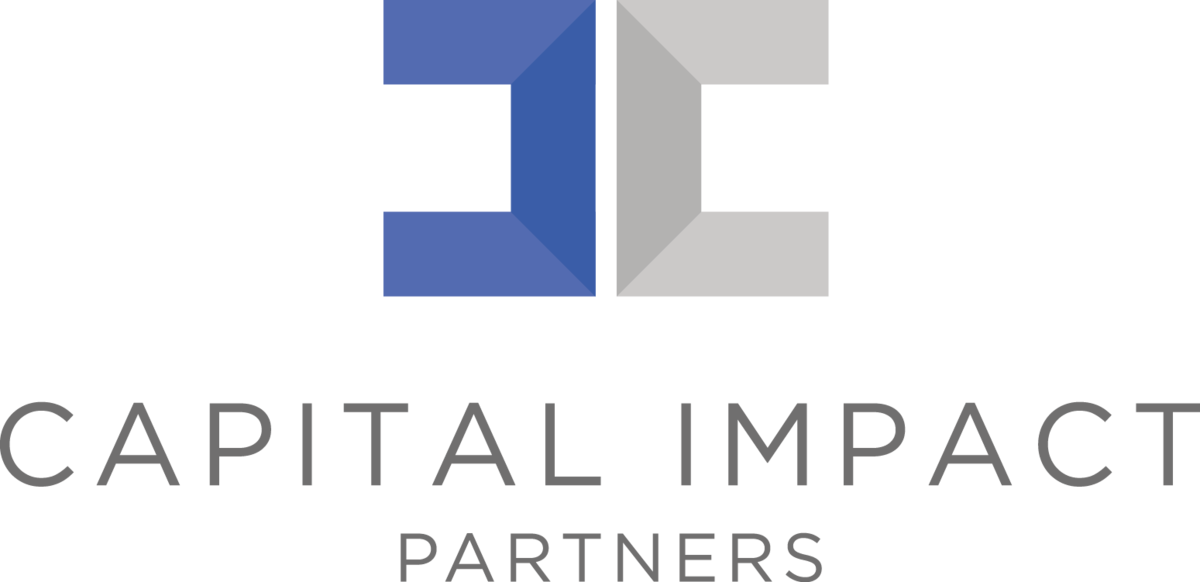Conduct Feasibility Study to Determine Facility Options
This study will let you decide if it is feasible to move forward with a facility change and whether to lease, purchase, construct, or renovate. Consider hiring a consultant to lead the feasibility study as he or she does not hold strong convictions about the result of the feasibility process. Such impartiality keeps all parties focused on practical issues and less focused on the emotionally charged aspects of a potential site. The charter school board, however, should be involved in all the process details. Begin your feasibility studies with a series of informal discussions with the school’s constituents (teachers, parents, students, board) to solicit their ideas and expectations about a potential project.
Feasibility Questions to Answer
- Does your charter school need more space? Is the current space configured properly for your school’s operations?
- Where do you want to locate your school? What is your ideal vision for a long-term facility? What can work for you in the short term?
- What types of services might be offered in a new or expanded facility?
- What is the projected growth rate (in staffing and students) over the next three to five years?
- Does it make sense to consider renovating the current facility? If so, could the school operate within the facility while it is under construction, or would it need to find a temporary home until construction is complete?
- What local regulations and building/ planning codes would the school need to be aware of and meet in order to build or renovate a facility?
- How would the school pay for the project, and how stable are your school finances?
Assess Revenue Stream and Financial Stability
It is important for your school to assess its financial stability before embarking on a major facility expansion. This will help keep your school from getting in over its head so you don’t risk losing its charter due to financial instability. The following is adapted from worksheets developed by the Illinois Facilities Fund (IFF). For more information, visit www.iff.org/our-services/real-estate/.
- What types of long-term revenues has your school secured that can help it cover long-term debt payments?
- Is your school running large deficits or surpluses at the end of each year?
- Does your school find itself dipping into savings or reserves regularly?
- Can your school meet most operational expenses on a regular basis?
- Do you have a source of cash, line of credit, or cash reserves to meet timing and cash-flow issues?
- How much do your operations rely on fundraising?
Importance of Community Engagement
Consider the school’s location not simply as a practical matter but as an essential part of successful integration into the community. Your school should be easily accessible to your target student population, and the location of your school may allow you to create partnerships with community-based organizations. Access to parks, libraries, transportation, universities, museums, etc., may also complement your school’s program. By collaborating with such entities you’ll benefit both the school and the community. Include community input early on about the school and its location by reaching out to stakeholders (teachers, parents, students, community members) and holding discussions about their expectations and ideas.
Legal Disclaimer:
Nothing in this material should be construed as investment, financial, brokerage, or legal advice. Moreover, the facts and circumstances relating to your particular project may result in material changes in the processes, outcomes, and expenses described herein. Consult with your own professional advisors, including your financial advisors, accountants, and attorneys, before attempting to consummate any transaction described in this material.
